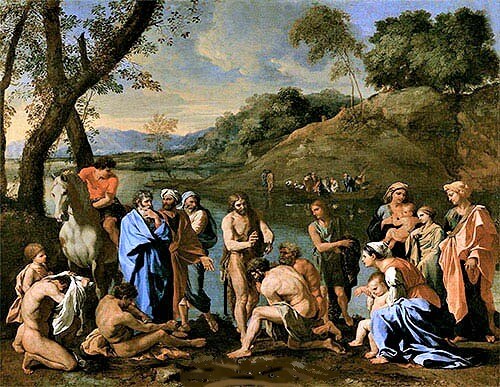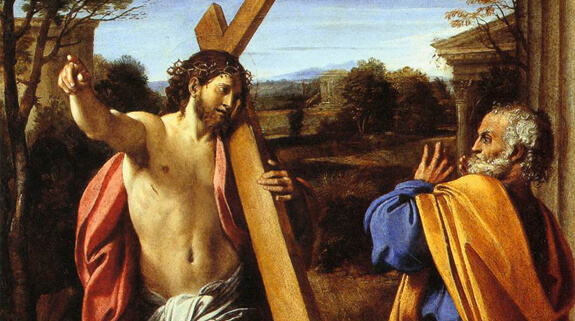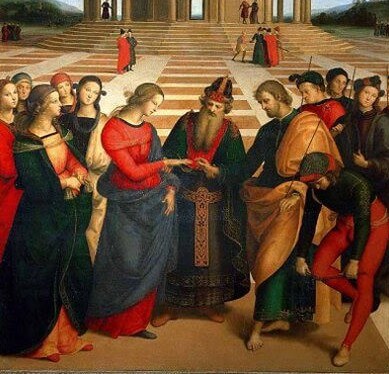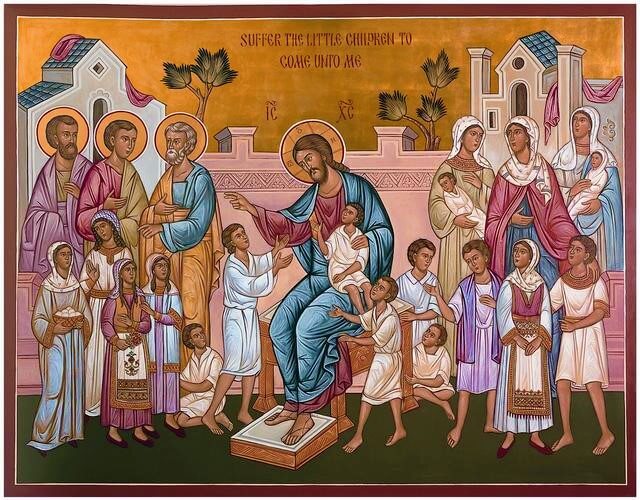Homily for the 32nd Sunday in Ordinary Time, November 10, 2024, Year B
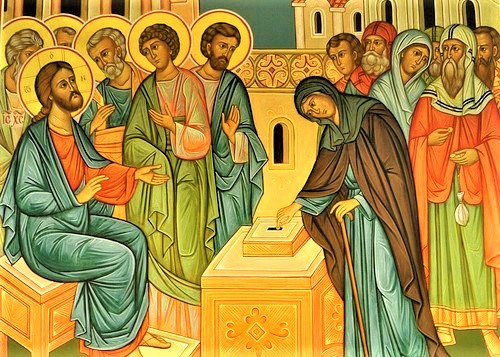
Fr. Charles Irvin Diocese of Lansing ( Click here for Sunday’s readings ) Some time ago I learned of a woman who as a child was crippled by polio. She became angry with God and was mean, nasty, and angry with everyone around her. She became a miserable human being. By chance one day she came into contact with members of a parish who gave her a whole lot of love. She returned to that parish every Sunday and eventually joined it because there she found a lot of love from a lot of people. Her frozen heart warmed up. She found the freedom to “walk the spiritual walk” even though her body remained crippled. As time went by, the parish entered into a campaign to raise funds. The woman surprised her family at that year’s family Thanksgiving Dinner by announcing that she was giving $45,000 to the parish in their building campaign. Her family was stunned. When they asked her where she was going to get all that money, she told them that throughout all her years since childhood she had
